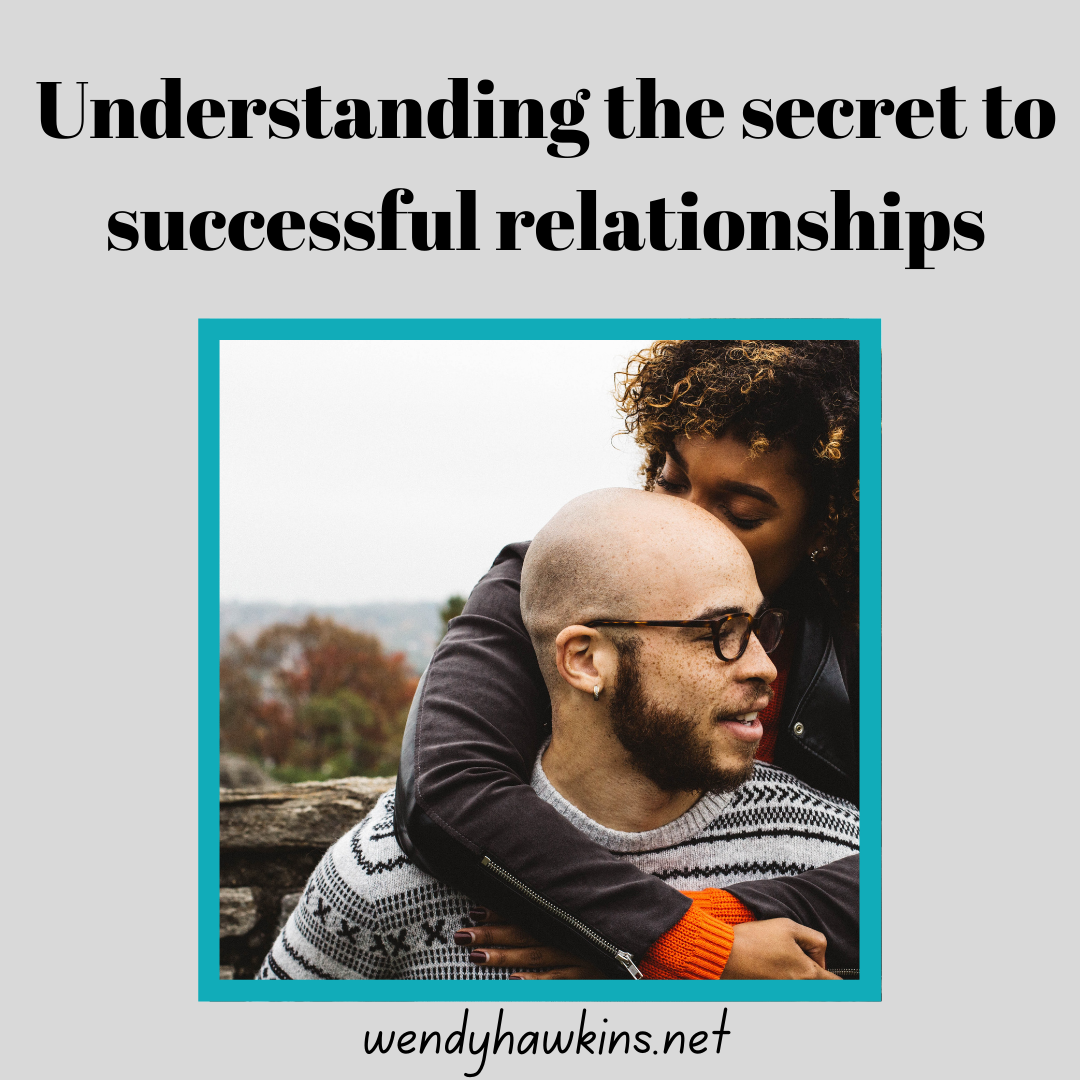Have you ever noticed that we seem to gravitate towards the same “type” of person each time we begin a new relationship? This is due to how our attachment was formed during our developmental years. The relationship formed with our caregiver sets the stage for our adult relationships and how they form. As we age into adulthood, our attachment style tends to mirror the relationships we had with our caregivers as we were growing up.
What exactly is attachment?
So what exactly is this thing we call attachment? As mentioned previously, attachment is formed during the early years of development between an infant/child and their caregiver relationships. Attachment is a special emotional relationship that involves an exchange of comfort, care, and pleasure between the child and the caregiver. The primary factor that contributes to the development or lack of development of secure attachment is the caregiver response to the needs of the child during the first few years of development. Caregivers who respond consistently and quickly to their children’s needs and desires typically contribute to the development of a secure attachment style. In contrast, a caregiver who is inconsistent or ignores the needs of the child will typically contribute to an insecure attachment style.
What exactly are the different attachment styles?
Secure (Healthy)
This is the attachment style we’re all striving to develop as we are rearing our children. This is the best way to create and nurture safe, loving relationships with others. A person who is securely attached can trust others and can also be trusted by others. Giving and accepting love is done with ease with minimal fear of intimacy. There is an interdependence within the relationship but neither person is totally dependent on their partner.
People with secure attachment style are able to have space away from their partner without becoming anxious or panicked. Secure attachment encourages autonomy and individualism for both parties while also having the ability to nurture and invest in the relationship. Only about half of the adult population have a secure attachment style. If you don’t fall into the secure category then you probably experience more of an insecure attachment style that usually includes some sort of anxiety around your needs being met within the relationship.
Anxious (Preoccupied)
An Anxious attachment style also described as preoccupied is based on an insecurity marked by a deep concern or fear of abandonment from your partner within the relationship. People with this attachment style tend to be very insecure about their relationship and fear rejection from their partner. There is a constant concern of abandonment which many times is interpreted by others as “needy” or “clingy” behaviors. People with this attachment often create an unrealistic scenario in their head that their partner is unloving, untrustworthy and often times unfaithful based on their own insecurities and skewed perspectives.
Avoidant (Dismissive)
An avoidant or dismissive attachment style can be found in people who often minimize or totally avoid their emotions. They are incredibly independent and pride themselves in “not needing anyone”. People with this attachment style have very underdeveloped emotional intelligence and struggle to empathize with others who are in emotional distress. Because they are unaware of their own emotions, they tend to be dismissive of the emotions of others. The underlying belief is that their needs will not be met by their partner so they remain distant, limit intimacy and often times overly criticize their partner to stay “safe” and feel protected within the relationship. Those with avoidant attachment do in fact care/love their partner but do so from a safe distance without getting emotionally involved which leaves their partner feeling empty and unloved.
Fearful-avoidant
A person with fearful attachment style often refer to themselves as an “emotional train-wreck” and usually will not allow themselves to be fully committed or invested in a relationship. Because of their fear of being misunderstood and let down, there’s an avoidance in getting completely involved but the desire is there to have a fulfilling and loving relationship. They use attention seeking behaviors as a way to seek validation from their partner which usually ends up backfiring on them within the relationship. Since there is an unwillingness to be vulnerable, people with a fearful attachment will typically ruminate and “stew” over their feelings never revealing what their true emotions are because of a foundation level belief that they are unworthy of being loved.
Why is understanding my attachment style important?
Jealousy is a completely natural human emotion that most of us feel at one point or another within our relationships. However, if you’re constantly feeling emotions like jealousy, rejection, and abandonment within your relationships, it might be time to start peeling back the layers to understand the “why”. Attachment is one of the very first concepts I discuss with clients because it provides insight into all relationships as well as the cognitive template and foundation of the perception of self. Understanding your attachment gives you a blueprint per se that you can utilize to obtain a greater understanding of how you give and perceive love within your intimate relationships. Knowing this very important information about yourself can help to eliminate years of emotional distress, anxiety and relationship problems. Attachment impacts our self-esteem and often times subconsciously dictates unhealthy and toxic adult behaviors that can lead to more serious life issues.
What’s next?
Understanding your attachment is not about pointing fingers or blaming what you did or did not receive as a child but instead is to provide you with insight and information so you can move forward in life creating loving and fulfilling relationships. If you’re ready to begin exploring your attachment style and peeling back the layers, contact me for your complimentary 30-minute consultation so we can get started. Understanding your attachment is life changing and will have a positive impact on all of your relationships. Take care!
wh
Source: Insecure in Love, Leslie Becker-Phelps, PhD































